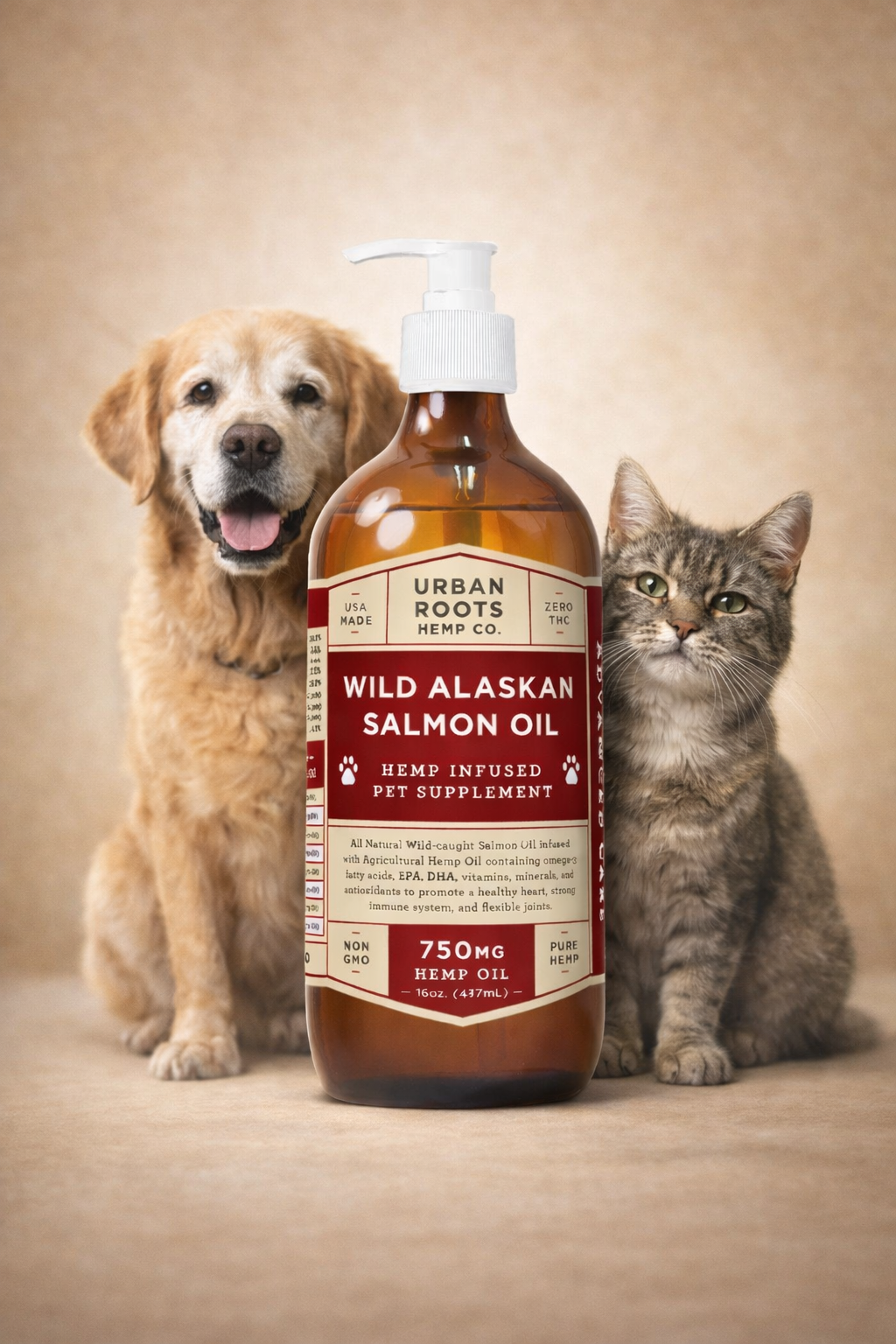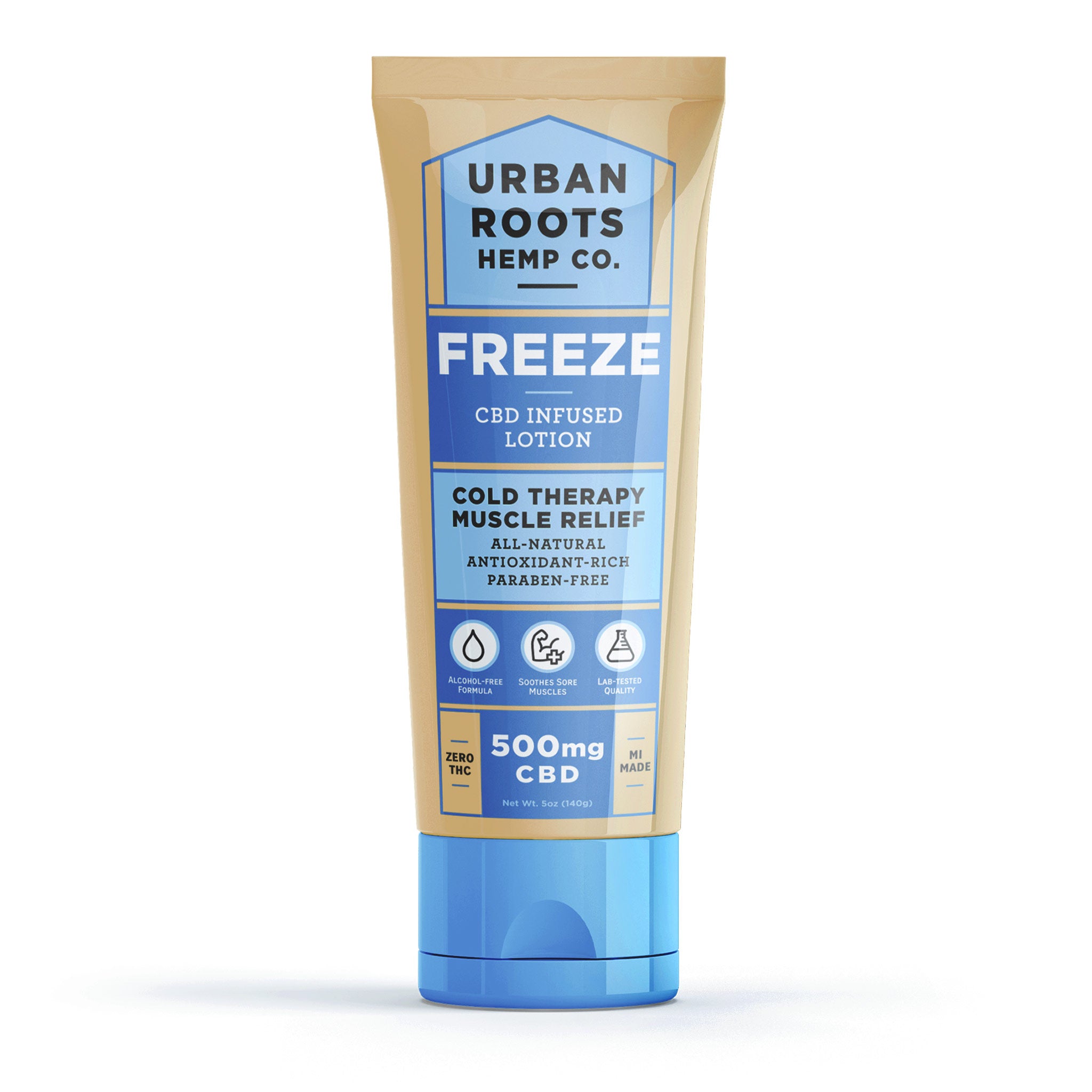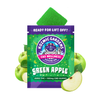CBD vs. Ibuprofen: Could CBD Be a Better Alternative?


More people are consuming cannabidiol in one form or another than ever before, with about 33% of American adults having used it once or more. 22% of Americans who regularly use CBD say it has helped them supplement or replace prescription or over the counter drugs. It’s in more products than ever, available in more stores than ever, and is becoming more and more accepted as an effective way to deal with a whole range of health and wellness issues.
Needless to say, CBD has grabbed on to our culture and is here to stay for the long haul. Fed up with the ineffectiveness of other drugs, their side effects, the cost, or with the big pharma and healthcare industries as a whole, many people are opting to take greater control over their health and try something new.
Should You Use CBD?
For newcomers to the CBD scene, a looming question is probably whether the substance is safe to consume or safe to consume on a regular basis. Like any new health product or drug, people are rightfully cautious when giving it a try. It’s important to conduct your own research, see what studies have shown, and look into possible side effects and drug interactions.
So, when people ask, “should I try CBD and is it safe for me?”, it’s a completely valid and necessary question.
However, it’s also important to bear in mind what you are attempting to treat and what your other alternatives are. Americans in particular consume a lot of drugs, prescription and over the counter, to help alleviate or ameliorate a wide range of physical and mental health problems. Many of these drugs have pretty nasty short- and long-term side effects, but we consume them because we feel they are worth the risk or a doctor feels they are worth the risk.
All of that is absolutely fine. There are tradeoffs with everything we do in life. With that said, however, when determining whether you should consume CBD, you should look at the other substances and drugs you’re already using and ask yourself if CBD might be a better option.
In this article, we wanted to focus specifically on pain and inflammation relief. From headaches to soreness to injuries, people have a lot of aches and pains that they attempt to help by taking medications. When compared to many other drugs, like ibuprofen or aspirin for example, CBD may potentially be just as effective without the negative health effects.
Ibuprofen for Pain Relief
Ibuprofen is one of the mostly commonly used over the counter drugs. It’s primarily consumed to relieve aches and pains, headaches, soreness, and to reduce fever. Ibuprofen works by blocking a particular type of hormone known as prostaglandins.
Unlike typical hormones, prostaglandins aren’t secreted by any type of gland, but instead form by way of a chemical reaction at the site where they’re needed. In other words, prostaglandins appear wherever there has been tissue damage or infection, which causes the inflammation, pain, and/or fever. By blocking extra prostaglandins when the body is injured, ibuprofen can prevent excess inflammation and pain.
This drug and other similar NSAIDs (non-steroidal anti-inflammatory drugs) like aspirin are some of the most recognizable over the counter medications out there. Almost every medicine cabinet will have a bottle, and we grab them almost instinctually at the outset of any pain or discomfort. However, just because it is commonly used, does not mean that it is not without risks.
Side Effects of Ibuprofen
Ibuprofen has a range of short- and long-term side effects and is life-threatening in high doses. Short term side effects of ibuprofen include the following:
- headache
- dizziness
- drowsiness, fatigue and restless sleep
- thirst and sweating
- tingling or numbness in hands and feet
- ringing in the ears
- blurred vision and eye irritation
- fluid retention and ankle swelling
- mild allergic reaction
- abdominal pain, nausea, vomiting, heartburn, diarrhea and constipation
- bladder irritation and pain, frequent urination
Long term effects resulting from prolonged use of ibuprofen may include:
- kidney and liver damage
- bleeding in the stomach and bowels
- increased risk of heart attack
Now, to be clear, we are not pointing out these effects to scare you into trying CBD or even to say that you should never take ibuprofen. We’re just pointing out that even a drug you might consume on a very regular basis has many proven harmful effects. It’s something to keep in mind when considering trying an alternative.
CBD for Pain Relief
One of the most popular reasons people use CBD products is to relieve pain and inflammation. A wide array of existing products is already available across the entire country, ranging from topical ointments to oils that are consumed orally.
Researchers and scientists are still understanding exactly how CBD works so well at relieving pain, but know that it has to do with the unique way that it interacts with receptors in the brain (specifically, serotonin receptors) and the immune system.
Studies, such as this investigation published in the Journal of Experimental Medicine, found that CBD consistently reduces inflammation in laboratory mice. A later study found that it has a similar pain reducing effect in humans, without any adverse side effects. Additionally, a recent clinical trial undertaken by the pharmaceutical company Zynerba found that a CBD based, topical drug provided pain relief to patients suffering from knee osteoarthritis.
Daniel Clauw, MD, professor of anesthesiology at the University of Michigan and consulting doctor for this clinical trial, had this to say:
“I don’t think we have that many good drugs for pain, and we know that CBD has fewer side effects than opioids or even nonsteroidal anti-inflammatory drugs, which can cause bleeding and cardiovascular problems,” he says. “If I have an elderly patient with arthritis and a little bit of CBD can make their knees feel better, I’d prefer they take that than some other drugs.”
Is CBD Safe?
The answer to that question is that, based on everything we know so far, CBD is completely non-toxic and safe to consume on a routine basis. According to a WHO report from 2017, it is “generally well tolerated with a good safety profile.” They also went on to state that, “in humans, CBD exhibits no effects indicative of any abuse or dependence potential.”
A review of clinical research published in Cannabis and Cannabinoid Research confirmed that CBD is generally “very safe”, particularly when compared with other drugs. The review concluded that the biggest risk you’re likely to run into with CBD products is strong feelings of sleepiness—and only if you take very large doses.
According to WebMD, cannabidiol (CBD) is “safe when taken by mouth or placed under the tongue appropriately.” CBD has been consumed safely for long periods of time with no known or observed serious side effects. Any non-serious side effects like drowsiness or light headedness are likely a result of incorrect dosage and users can easily fix this by experimenting with lower amounts.
One CBD Product Is FDA Approved
CBD received another stamp of approval back in 2018, when the FDA approved Epidiolex to treat severe forms of epilepsy in patients two years of age and older. In clinical trials, it reduced seizures in people with Dravet syndrome and Lennox-Gastaut syndrome without the harsh side effects of typical epilepsy drugs, which can include nausea, blurred vision, and liver problems.
Put simply, in addition to mass popular consumption, CBD is starting to gain widespread, official recognition for its powerfully positive effects and minimal risk.
CBD vs. Ibuprofen
Just because something is new or different does not make it potentially harmful, and just because something is well established does not make it safe or without consequences. When deciding whether or not to try a CBD product you should do all your research and find out if it makes sense for your body and health problems. But you should also examine what drugs you are currently taking and ask yourself if CBD may be a healthier, more sustainable alternative.









